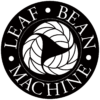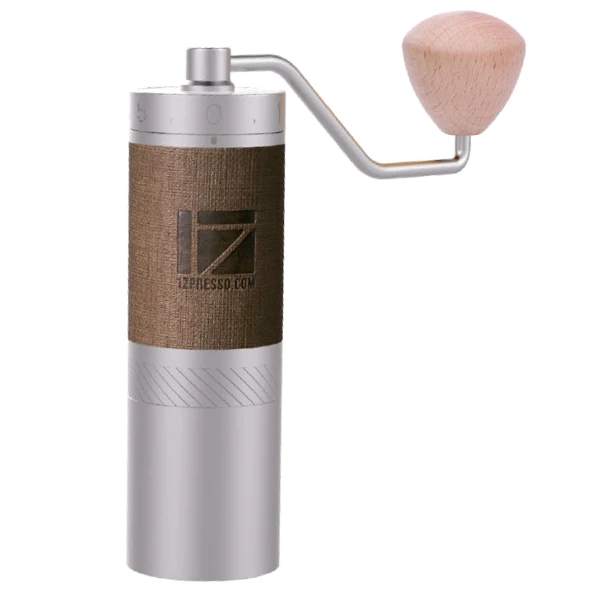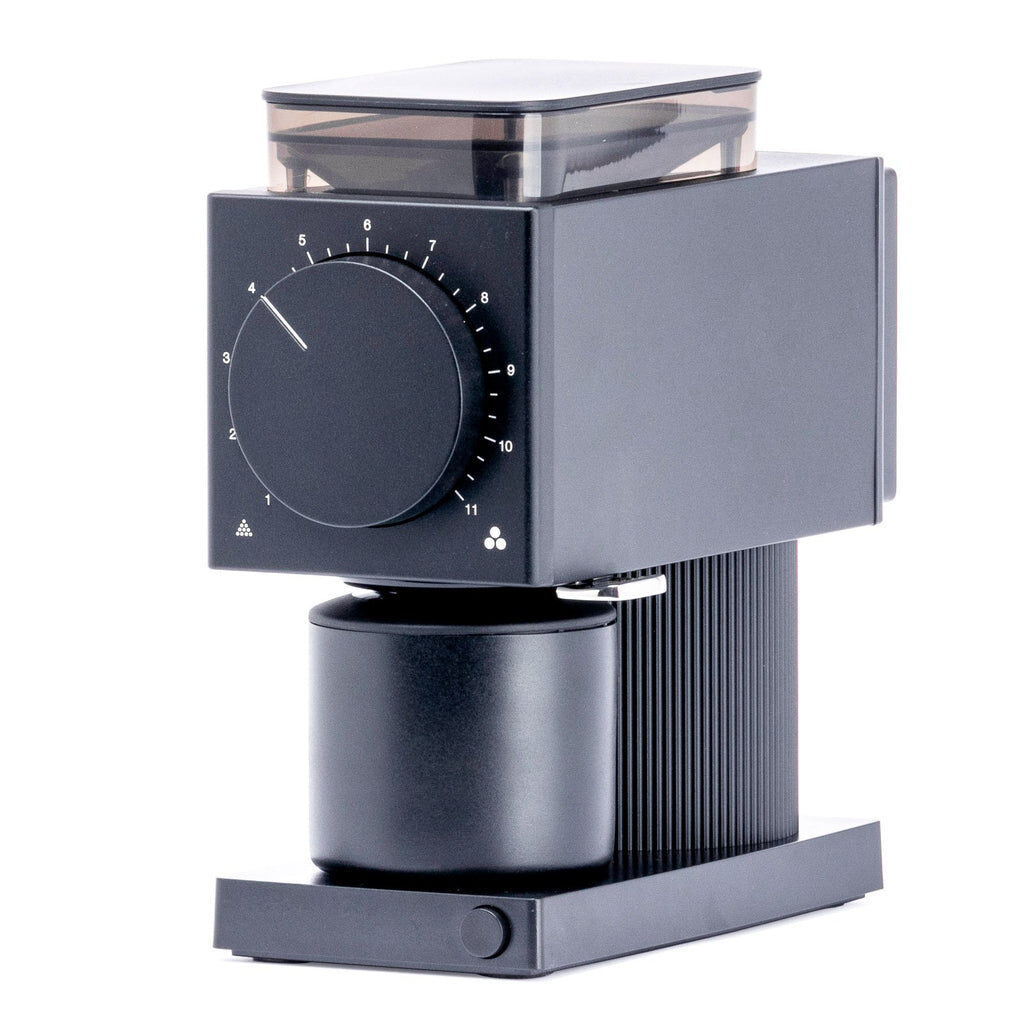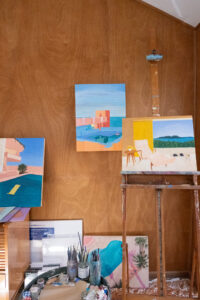International Tree Day
For International Tree Day 2021, we teamed up with Cottesloe Coast Care to plant trees, drink coffee, eat cinnamon scrolls and talk about all things plants! It was an awesome turnout with the group of volunteers planting 1000 seedlings (see photos below)! During the planting, we were lucky enough to chat with Coast Care’s leading lady Robyn. She has kindly given us her expert tricks on how to use coffee grounds for the garden.
We have lots of customers who are frequent gardeners and plant lovers (if you’re reading this blog!). Often, we share our coffee grounds and coffee chaff to those who pop in and ask! It’s great to see waste repurposed. We also donate our coffee hessian bags to our community. If you’re after coffee grounds, chaff or hessian bags, give us a call 9418 4877 and we can certainly help you (*for pick up only).
Coffee For Compost
Robyn’s top tips for using coffee grounds or chaff in your garden:
- As a general rule, coffee grounds are too acidic to use straight in the garden, so it’s best to add them to the compost heap with garden waste and manures. The composting process may take several months.
- How much caffeine remains in the grounds is variable, so this is another reason not to use grounds directly on plants. Caffeine can impede the germination and growth of some seeds and seedlings.
- Coffee grounds are considered ‘green compost material’ which shows they are high in nitrogen.
- Follow the 20% rule – one part of coffee grounds to 4 parts of other organic material. Other green compost materials are grass clippings or vegetable peels. To create a good compost mix, you need to have a balance between green and brown materials. The brown materials are things like dead leaves, coffee chaff, torn-up paper coffee filters and cardboard. If you have a roughly even the amount of ‘greens and browns’, this will create the best compost for your vegetable garden. This organic material will, in time, also improve the water holding capacity of your soil.
- However, you can also add coffee grounds directly to your worm farm, in small quantities at a time. Earthworms are a vegetable gardener’s best friend as they turn your kitchen scraps and coffee grounds into high-quality worm castings, which are wonderful for the vegetable garden.
In conclusion – coffee grounds and chaff are best composted first, then we get the best results for our gardens with no interference in the growth of our precious plants.
What Are Your Tips?
Have you got some secret gardening tips (involving coffee) that you would like to share? Send them through! Email: [email protected] with your clever tricks.
Speaking of coffee grounds...
If you could do with a grinder upgrade, then look no further! We have a great selection of manual, espresso and filter grinders available.





